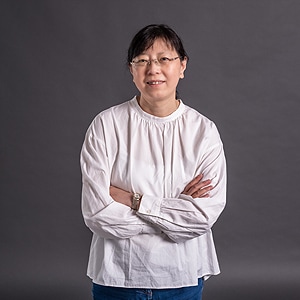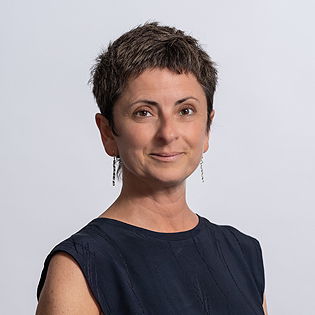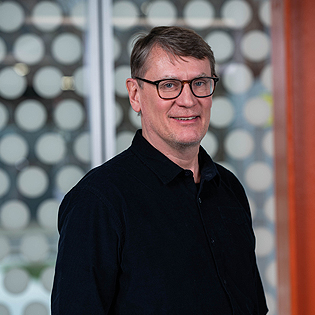About the lecture
The global population boom is dramatically increasing demand for resources, energy and water. Meanwhile, soaring greenhouse gas emissions and pollution are damaging the natural environment and accelerating climate change. We urgently need innovative ways to tackle these complex and related challenges.
Bio-electrochemical systems (BES) provide one solution. An exciting emerging approach, they combine wastewater treatment and resource recovery with energy generation and storage. Crucially, BES use microorganisms as biocatalysts to recover metals and nutrients from CO2 while synthesising high-value chemicals. These reduction reactions are powered by electrons harvested from the oxidation of organic pollutants in wastewater or from green energy sources.
BES are attracting growing interest as a way of reducing CO2 emissions and enhancing energy security while sustainably providing valuable chemicals – reducing our fatal reliance on fossil fuels.
Professor Yu’s lecture will explore how integrated processes – combining biological and electrochemical reactions – can provide a crucial route to achieving a healthy circular economy that supports sustainable development.
About the lecturer
Achieving her PhD at Newcastle University – pioneering the development of direct methanol alkaline fuel cells – Professor Eileen Yu worked as a research fellow at the Max Planck Institute for Dynamics of Complex Technical Systems. Awarded a prestigious EPSRC Research Fellowship (Life Science Interface) in 2006, she returned to Newcastle to extend her research into the biosciences. She joined Loughborough’s Department of Chemical Engineering as Chair of Electrochemical Engineering in July 2020.
She has a multidisciplinary research profile with wide-ranging experience in various fields of electrochemical and bio-electrochemical systems (BES) for energy, environmental and biomedical applications – and has been awarded more than £20 million from various funding bodies. Her current research includes understanding the fundamentals and engineering applications of electrocatalysis and microbial electrosynthesis for CO2 utilisation, resource recovery from wastes, bioremediation, and environment monitoring with bio-electrochemical systems.
For further information on this lecture, please contact the Events team.


